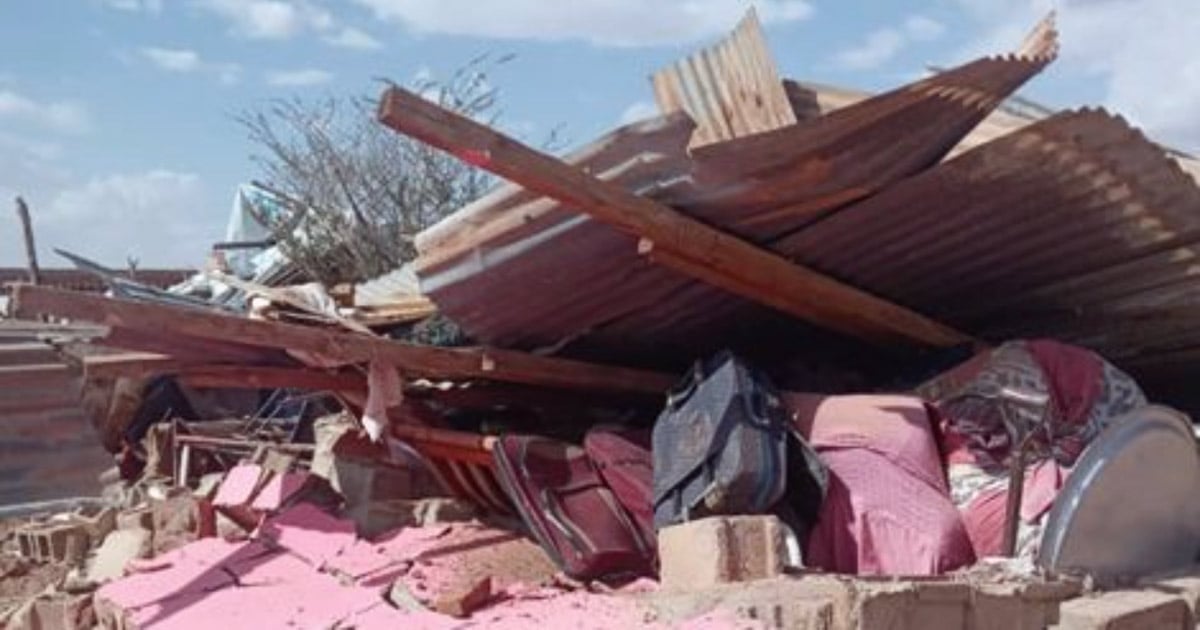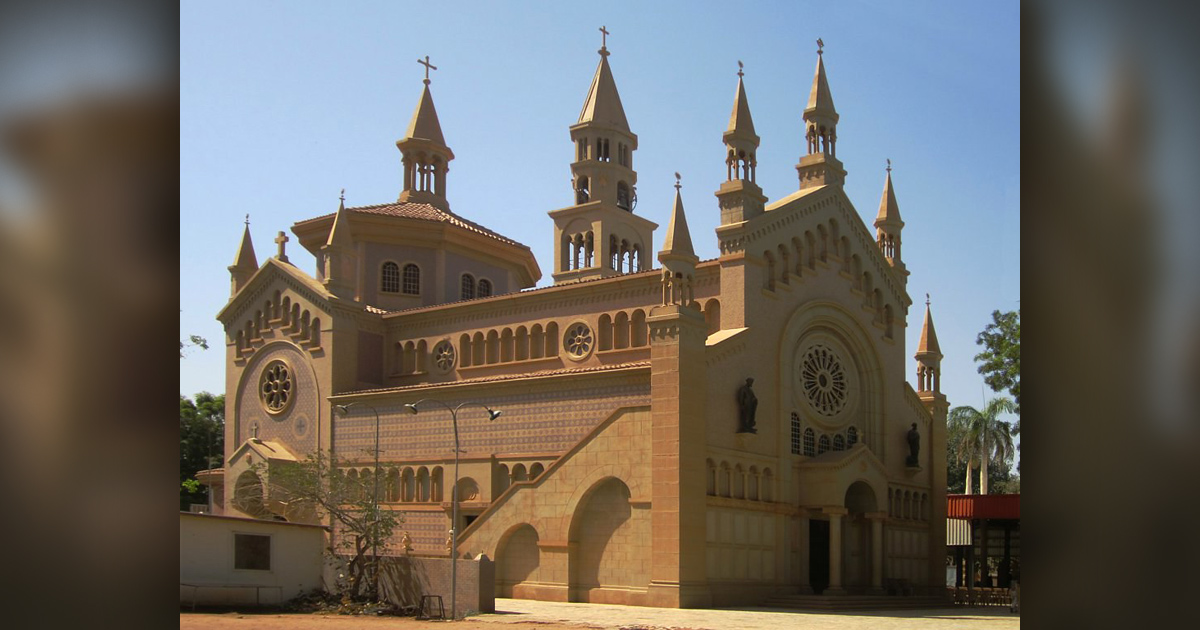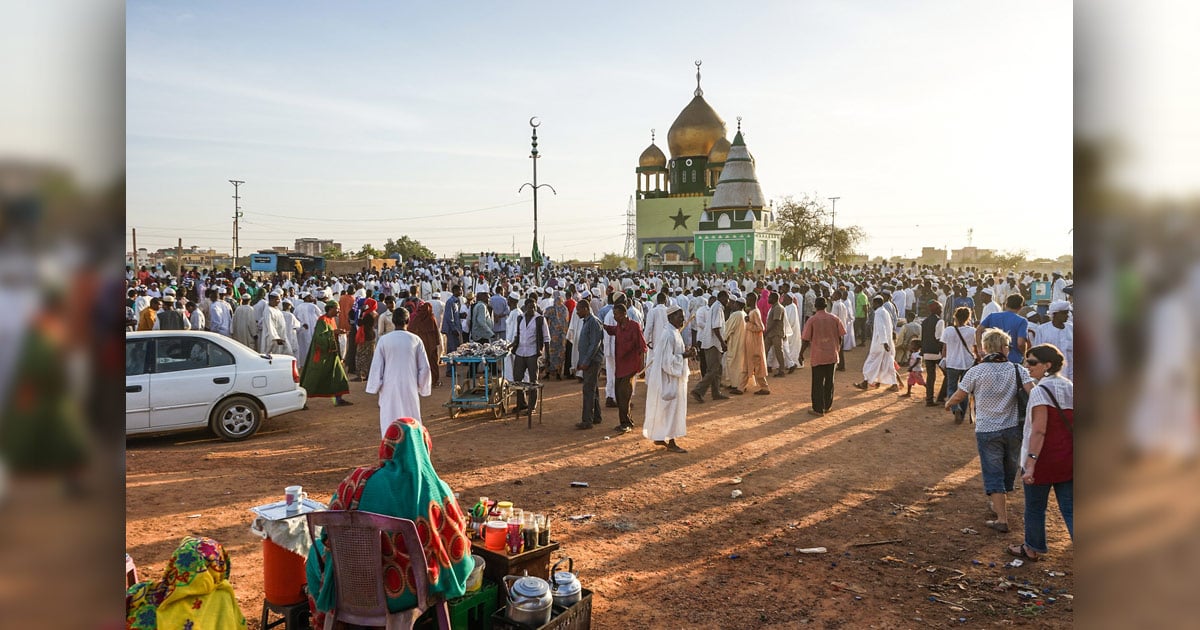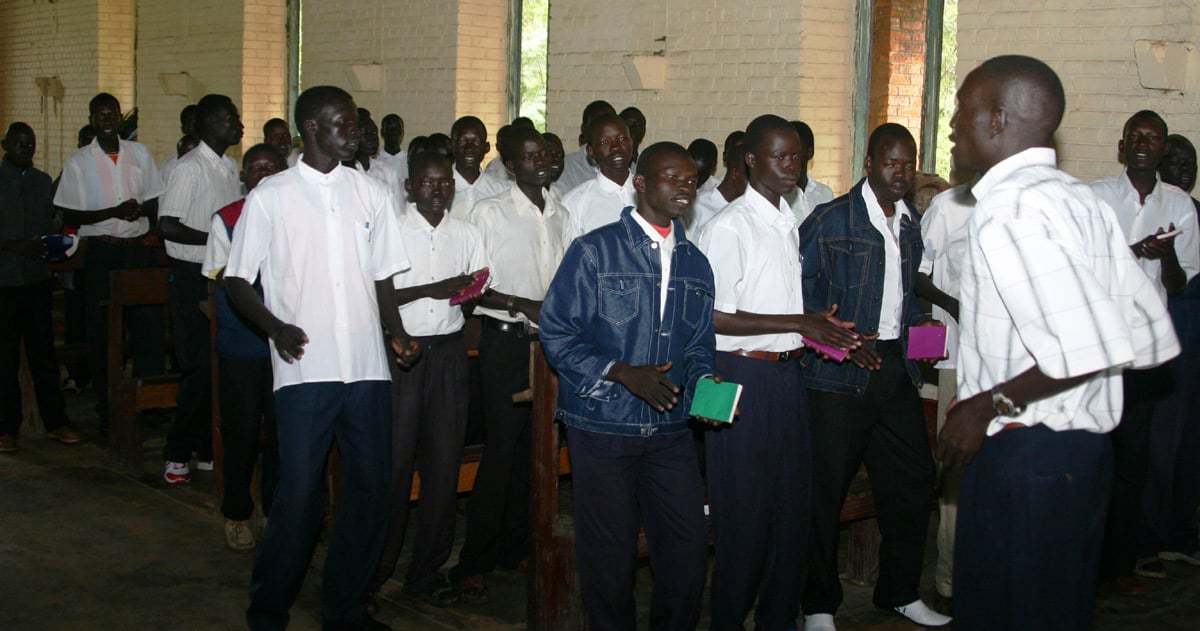A multi-ministry, international team has returned from the Blue and Upper Nile regions of southeastern Sudan after conducting an investigation of recent developments in the country and sponsoring a four-day church leaders conference.
Representatives from The Voice of the Martyrs, Servant's Heart and Freedom Quest International discovered evidence of atrocities, including the deliberate killing of young children, by troops of the Islamist government of Sudan (GOS) in direct violation of the March 2002 agreement between the GOS and the Sudan People's Liberation Movement (SPLM). In the agreement, the parties agreed, among other things, to discontinue attacks against civilian targets. The team also discovered that government-backed militias continue to violate the agreed upon ceasefire. Reliable sources also report a significant military buildup in and around Juba, also in violation of the ceasefire agreement. It is feared that the government of Sudan may be preparing a major offensive to coincide with expected US-led action against Iraq, to take advantage of diverted world attention.
The GOS and SPLM are presently meeting in Kenya for peace negotiations. According to Reuters, an agreement was reached yesterday ceding control of any areas captured since October and to allow international observers to investigate any violations of the agreement. However, any optimism from this announcement is dampened by the history of violations, particularly by the Sudanese government.
A joint press release with more details on the trip to Sudan will be issued within the next day or so. Representatives from The Voice of the Martyrs, led by Communications Director Glenn Penner, also conducted a four-day church leaders conference in the town of Yabus. Local Mabaan and Uduk church leaders from the region gathered to receive specific training in discipling young Christians. The church in Sudan continues to grow at an impressive rate, but the majority of church leaders in this region have little or no biblical education. Most churches have few Bibles in their indigenous language. Presently only the New Testament is complete in the Uduk and Mabaan languages.
The Voice of the Martyrs, in partnership with Servant's Heart, anticipates launching a significant two-year theological education by extension course in the Mabaan language in early 2004. Glenn Penner, writing in an email today enroute from Africa, asked for prayer for the necessary arrangements for the development and translation of the study material into Mabaan and that the training of indigenous leadership will progress speedily. "There is a tremendous need for this course," wrote Penner. "The people there are already eagerly anticipating its launch. Pray, too, that we will see peace in Sudan. This region is near the frontlines and it is expected that it will be among the first places attacked should the GOS launch an offensive in the next month or so. So please pray!

 Population
Population



